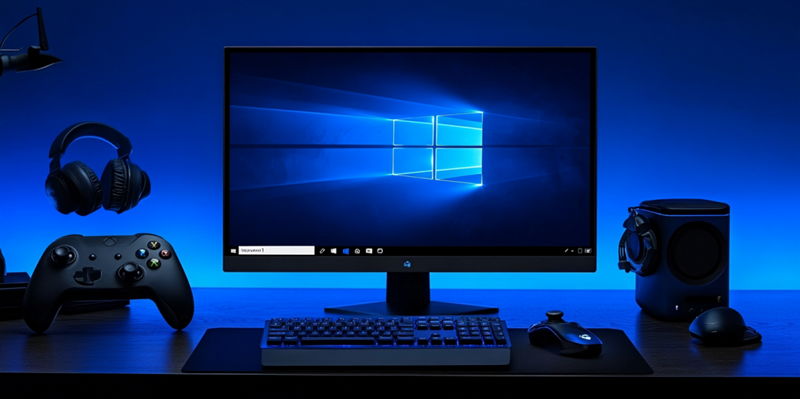The landscape of operating systems constantly evolves, and Microsoft recently made a significant change that has the tech community abuzz. Microsoft has decided to allow the installation of Windows 11 on unsupported hardware, a notable departure from its previous firm stance that TPM 2.0 was non-negotiable. This surprising move, detailed on a newly released support page, means users can now run Windows 11 on systems that do not meet the operating system’s minimum requirements. However, Microsoft includes significant disclaimers about potential compatibility issues and the risk of missing critical security updates.
Despite the newfound freedom, Microsoft does not recommend this unofficial route for installing Windows 11. Devices with unsupported hardware might display a watermark on the desktop and notifications in Settings, flagging the unmet requirements. This visual reminder might be enough to deter some users from going against Microsoft’s guidance. Additionally, users have only a 10-day window to roll back to Windows 10 if they encounter problems, adding a layer of risk to this endeavor. Microsoft’s previous hardline approach aimed to ensure system security and compatibility, thus the change might seem contradictory to some.
This policy shift likely wasn’t arbitrary and might be influenced by current market trends. Recent data reveal that Windows 10’s market share has increased, while Windows 11’s adoption has been slower than expected. With Windows 10’s support ending in October 2025 and limited options for extending security updates, Microsoft appears to be making adjustments to encourage users to transition to Windows 11. This could indicate an acknowledgment of the diverse hardware landscape and economic considerations faced by many users who may not have the means to upgrade their systems immediately.
Ultimately, this decision by Microsoft to relax its hardware requirements for Windows 11 brings both opportunities and challenges. While it allows more users to experience the new operating system, it also raises questions about future updates and support for these non-compliant systems. This move could be seen as a pragmatic response to the evolving market conditions and user demands, or it could be viewed as a potential compromise on system integrity. How this strategy will play out in the long run remains to be seen, but it certainly demonstrates Microsoft’s willingness to adapt to the changing technological environment.

